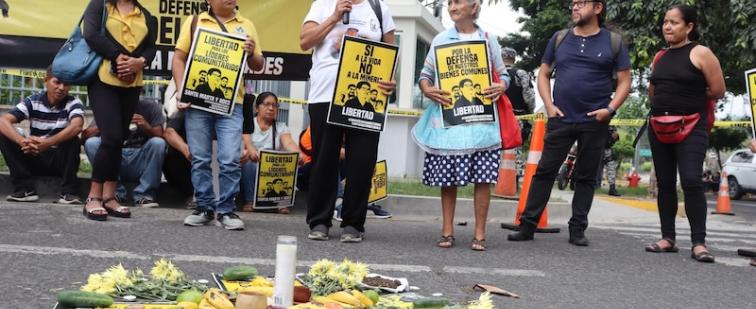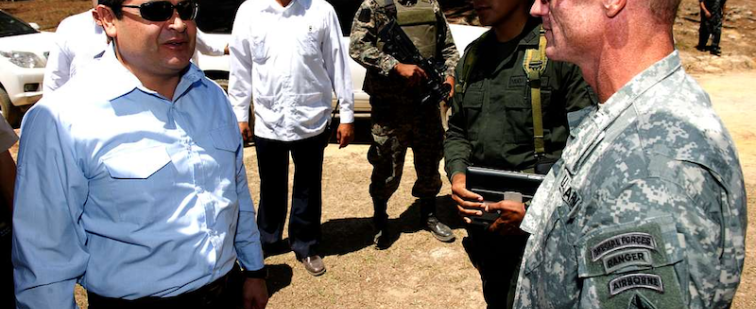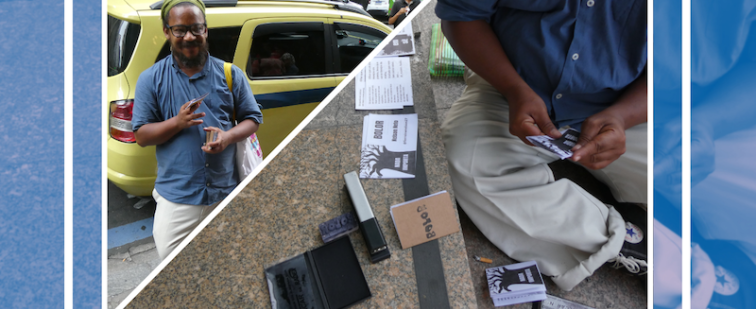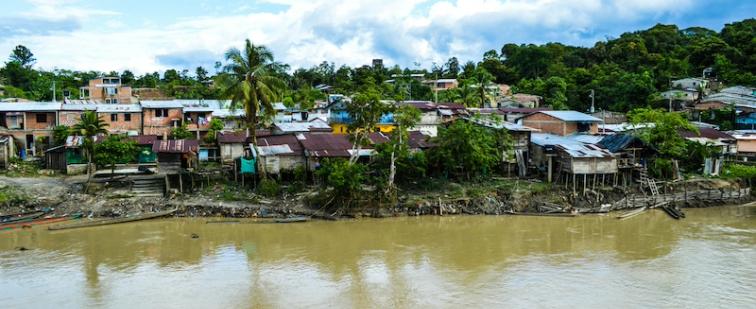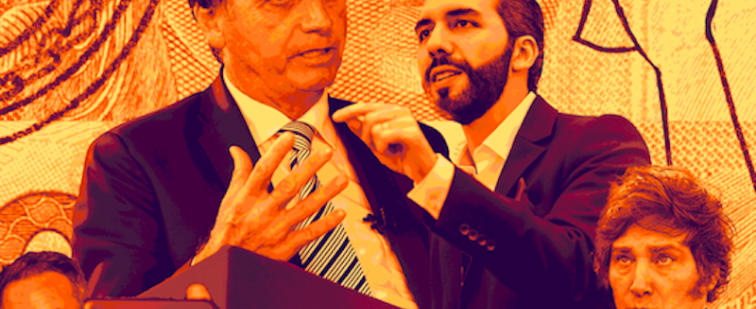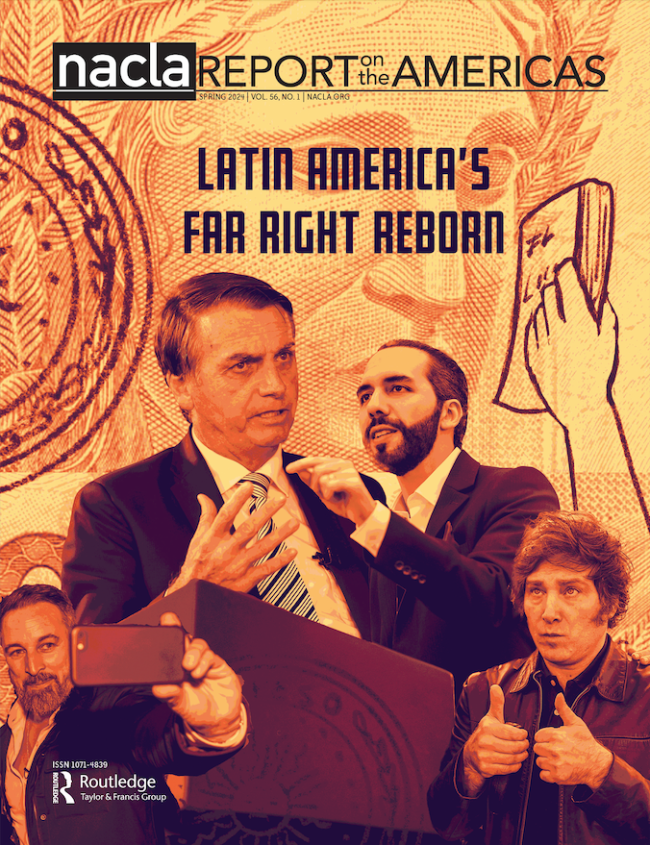Home
Cuadernos Colombianos
August 8, 2011
During the government of Álvaro Uribe Vélez, Colombian courts defended their independence and the separation of power by holding the executive and the legislative branches accountable to the rule of law. This position sparked a power struggle in the Colombian government that is far from over. Now, the government of President Juan Manuel Santos is attempting to trim the power of the Supreme Court alongside the other courts.
Border Wars
August 5, 2011
Latino households in the United States experienced a record decline in wealth in 2005-2009. It looks like U.S. immigration and border enforcement is significantly to blame.
Rebel Currents
August 5, 2011
Last week, after a wave of popular protests, the Salvadoran legislative assembly voted to repeal controversial Decree 743 which required the country’s highest judicial body to reach decisions by unanimous consent. The action ended two months of political turmoil, averted a constitutional crisis, and represents a victory for civil society that strengthens the role of democratic institutions in El Salvador.
Traffick Jam
August 4, 2011
Over the past two weeks, U.S. media airways have been dominated by the sad spectacle of elected representatives’ refusal to govern, their repudiation of even the pretense of trying to seek agreement on issues of grave importance to people living in the country and many more affected by their actions around the world. However, despite unprecedented levels of acrimony, open hostility, and free-flowing expressions of contempt, one issue seems to continue to galvanize widespread support: the drug war.
Border Wars
August 3, 2011
A lot of media attention has been given to the Arizona state government's latest anti-immigration ploy—to build its own border wall, in defiance of the federal government, on the boundary between the state and Mexico. Much less attention has been given to an emerging corporate-state nexus which is both obscured by, and a result of, this type of heated anti-immigrant rhetoric found in Arizona.
Mexico, Bewildered and Contested
August 2, 2011
A week and a half ago, a group of activists and immigrants began a trek from various locations in Guatemala and Mexico’s southern border to Mexico City. Among them were anguished mothers and fathers carrying portraits of their missing sons and daughters. The mothers, in particular, looked, talked, and mourned like any other “mothers of the disappeared”—decades ago in Argentina and Chile; more recently in Guatemala and El Salvador—only this time their sons and daughters were not disappeared for being radical activists, but for being undocumented migrants trying to make their way northward.
Cuadernos Colombianos
August 1, 2011
During the 1980s, Colombian narcotraffickers fought ferociously against being extradited to the United States.
But lately in an unprecedented shift, narcotraffickers are changing their attitudes, and courting extradition—the sooner the better.
Rebel Currents
July 29, 2011
Left-leaning president Ollanta Humala faces the formidable task of resolving a growing number of mining conflicts, especially in the Puno region where widespread protests shut down the economy last spring. While lame duck president Alan García made numerous concessions to the protesters, the conflicts are far from resolved and could become the defining challenge of the new administration.
Traffick Jam
July 28, 2011
President Reagan’s justification for siphoning money out of the collective effort and into the pockets of the wealthy remains in vogue today. If the government pursues tax cuts and subsidies for the rich, so the pitch goes, everyone will benefit. The wealth at the top will eventually “trickle-down.” It is unclear how the new government of Peru will respond.
Border Wars
July 27, 2011
A recent report reveals that large increases in the number of individuals deported for drunk driving, minor traffic violations, and violations of immigration law have played a significant role in fueling the dramatic rise in immigrant deportations from the United States over the last few years. In doing so, it illustrates the dangers of embracing the slippery slope of deportation and the immigration enforcement apparatus more broadly—an error committed by all-too-many advocates of comprehensive immigration reform.

